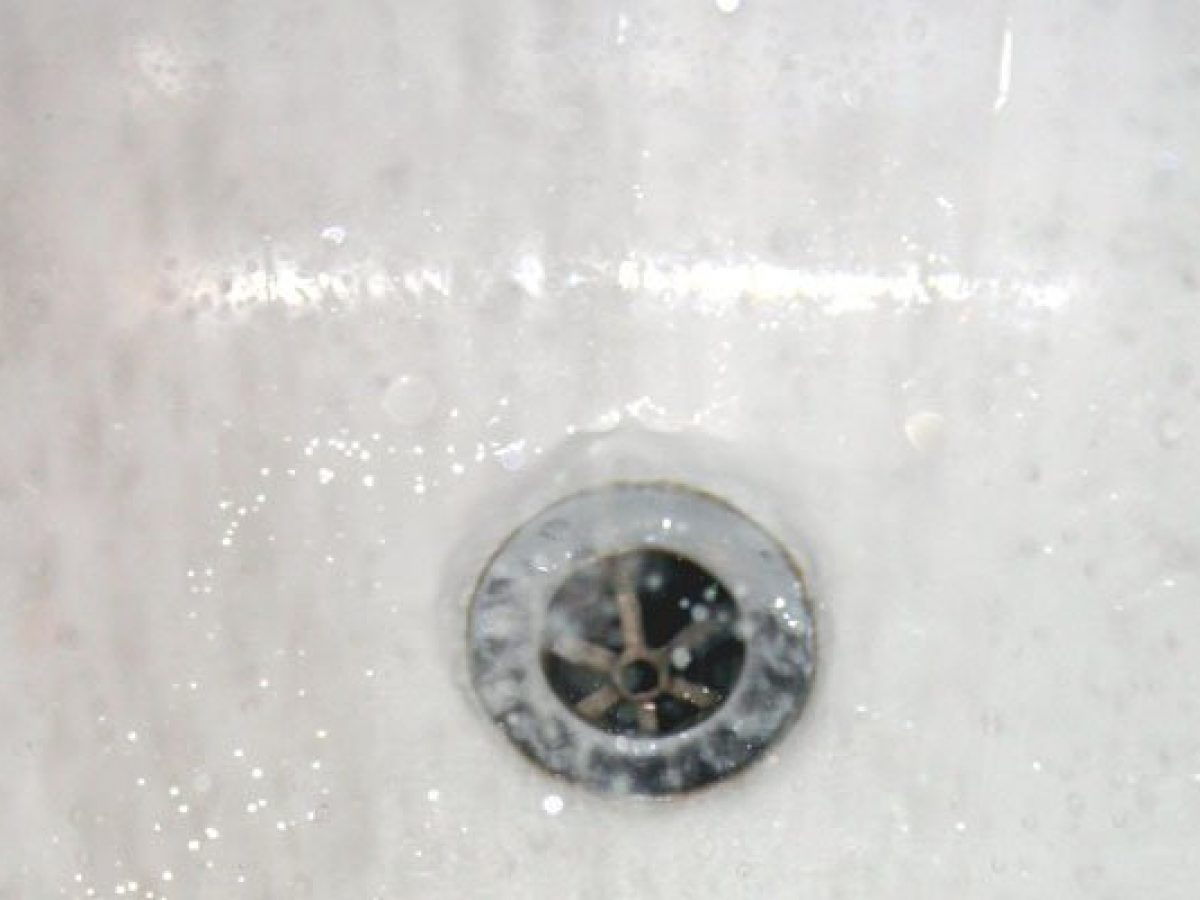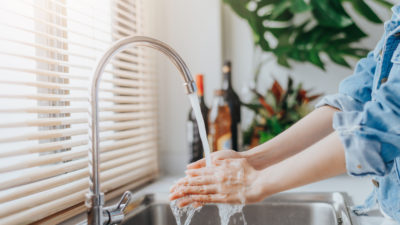The writer is making a few great pointers on How to stop pipes from freezing during the winter as a whole in the article in the next paragraphs.

All property owners who reside in temperate climates must do their best to winterize their pipelines. It is something you should do throughout autumn before deep winter season truly begins. Failure to do so can lead to catastrophe like icy, fractured, or ruptured pipes. Right here are some helpful winterizing hacks to keep your plumbing system shielded even if the weather outside is shocking.
Try a Hair Clothes Dryer or Warmth Weapon
When your pipelines are nearly freezing, your dependable hair dryer or warm weapon is a godsend. If the hot towels do not aid dislodge any type of resolving ice in your pipes, bowling hot air directly into them might aid. Do not utilize various other objects that produce direct flames like a strike torch. This can lead to a bigger catastrophe that you can not regulate. You might wind up damaging your pipes while trying to melt the ice. And in the future, you might also end up melting your residence. Beware!
Open Up Cupboard Doors Hiding Plumbing
When it's cool outside, it would certainly be handy to open up closet doors that are camouflaging your pipes. Doing this tiny technique can keep your pipes cozy as well as restrict the possibly dangerous outcomes of freezing temperatures.
Take Time to Cover Exposed Pipeline
One awesome and also easy hack to warm up icy pipelines is to wrap them with cozy towels. You can also make use of pre-soaked towels in warm water, simply do not neglect to put on protective gloves to guard your hands from the warmth.
Turn On the Faucets
When the temperature level declines and also it appears as if the frigid temperature will certainly last, it will assist to turn on your water both inside and outdoors. This will maintain the water flowing with your plumbing systems. You'll finish up squandering gallons of water this way.
Shut down Water When Pipelines are Frozen
Turn off the primary water shutoff quickly if you see that your pipelines are completely frozen or virtually nearing that phase. You will usually find this in your basement or utility room near the heating unit or the front wall surface closest to the street. Transform it off today to avoid further damages.
Don't forget to close exterior water resources, as well, such as your connection for the yard house. Doing this will stop extra water from filling up your plumbing system. However, with more water, more ice will accumulate, which will eventually cause burst pipelines. If you are unsure concerning the state of your pipes this winter season, it is best to call an expert plumber for an examination. Taking this aggressive approach can conserve you thousands of bucks out of commission.
All house owners who live in pleasant environments should do their finest to winterize their pipes. Failing to do so can spell disaster like icy, split, or burst pipelines. If the hot towels do not assist remove any type of resolving ice in your pipelines, bowling warm air directly right into them may aid. Turn off the major water valve instantly if you see that your pipes are entirely frozen or virtually nearing that phase. With more water, even more ice will stack up, which will eventually lead to rupture pipelines.
PREVENT YOUR PIPES FROM FREEZING THIS WINTER
A Leading Cause of Property Damage
When the weather is taking a deep nose dive into the cold dreary days, the risk of your pipes freezing and potentially bursting skyrockets. Unfortunately, during these cold dreary months, burst pipes are the most common denominator for property damage. The pipes that are most at the risk are those that are in areas where it is most cold in your home. For instance, pipes located in interior places such as basements, attics, and your garage. Unfortunately, that doesn’t mean that the pipes running through your cabinets or exterior walls can’t freeze. Good news, however, is that you can do things to help prevent pipes from freezing.
How to Prevent Pipes From Freezing
Once the temperature starts to drop during the winter, you should be taking the proper measures needed to ensure that your pipes stay warm and that there is circulation of water through them. Some steps that experts may recommend could go against your better judgement when it comes to saving water and heat. However, it would go without saying that when expenses are compared, damaged pipes could put a bigger dent in your wallet than a water bill.
What Can I Do?
Keep your garage door closed. This is very important, especially if you have water supply lines running through your garage. Open your kitchen and bathroom cabinets to allow warm air to circulate through them. Allow air circulation throughout your home. Keeping the interior doors open will once again allow the warm air to circulate inside your home. Ensure your thermostat is running the same temperature throughout the night and day. If you plan to be away from home during the cold months, set your temperature no lower than 55° F. This should provide enough heat to keep the pipes warm and prevent any remaining water inside the pipes from freezing. For more of a long-term solution, add insulation to attics, basement, and other crawl spaces around your home. By allowing your faucet to drip, it will alleviate pressure in the system. This is important because the pressure that is created between the blockage and the faucet can potentially cause the pipes to burst. Allowing the faucet to drip will prevent the pressure from building up, therefore keeping the pipes from bursting. Seal any cracks, openings, and crawl spaces around your home to prevent cold air from coming inside. This keeps your pipes-not to mention your home-warmer and less susceptible to issues caused by freezing temperatures. For the pipes in your home that are easily accessible, applying electrical tape to them might prevent them from freezing over. This is a quick fix, as you can apply the tape directly to the pipe. There are two options for heating tapes. One turns on and off by itself when it senses heat is needed. The other type of heating tape needs to be applied when heat is needed and removed when not necessary. If you have exposed pipes in your home, you can check this website to take a look at a few options that would be available at a shop near you.

As a fervent reader on Prevent Freezing and Bursting Pipes, I was thinking sharing that information was essential. Be sure to take the opportunity to distribute this entry if you enjoyed reading it. We take joy in reading our article about How to Prevent Frozen Pipes.
Ensure plumbing integrity; reach out.